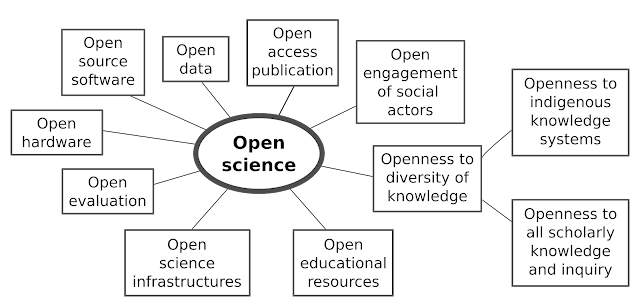High-Performance and Scalable Agent-Based Simulation with BioDynaMo
We’d like to congratulate Lukas Breitwieser and co-authors Ahmad Hesam, Fons Rademakers, Juan Gómez Luna, Onur Mutlu on receiving the Best Artifact Award at PPoPP 2023 for BioDynaMo , a flexible and high-performance agent based simulation engine . Abstract: Agent-based modeling plays an essential role in gaining insights into biology, sociology, economics, and other fields. However, many existing agent-based simulation platforms are not suitable for large-scale studies due to the low performance of the underlying simulation engines. To overcome this limitation, we present a novel high-performance simulation engine, BioDynaMo. We identify three key challenges for which we present the following solutions. First, to maximize parallelization, we present an optimized grid to search for neighbors and parallelize the merging of thread-local results. Second, we reduce the memory access latency with a NUMA-aware agent iterator, agent sorting with a space-filling curve, and ...
